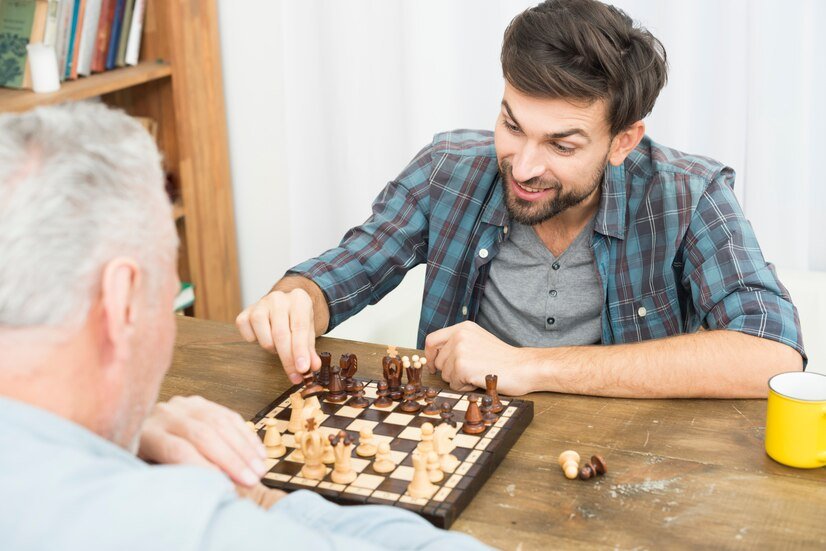
Players have been enthralled with the ageless strategic and intellectual game of chess for millennia. For novices, a firm basis built on mastery of the fundamentals will enable future success. This article offers basic techniques, advice, and beginner chess lessons to let them properly negotiate their early learning path.
Novices should familiarise themselves with the basic rules and goals of chess before learning techniques. Knowing how each piece moves is really vital; bishops move diagonally while rooks travel straight lines. More sophisticated techniques are built up by a strong knowledge of these fundamental ideas.
Control of the board's centre is among the most important chess tactics. Your pieces will have more movement and influence over the game from the middle squares (e4, e5, d4, and d5), hence they are very important. Early in the game, beginners should want to occupy these squares with pawns and develop their pieces towards the centre. This approach makes more fluid mobility and improved attack or defence chances later in the game possible.
For novices, another basic idea is to develop all components effectively instead of repeating one piece many times in the introduction. Developing implies transferring pieces from their beginning points to more active squares where they may threaten opponent pieces and control territory. Usually created before bishops, knights may leap over other pieces and dominate important squares early on. Making sure every one of your pieces is active can help you to have a better board posture.
From the beginning of your chess career, your king's protection should be the first concern. Along with securing your king behind a wall of pawns, castling links your rooks for improved cooperation. Once their knight and bishop have developed, beginners should try to castle early in the game—probably on the kingside. This calculated action increases king safety and raises general piece activity at once.
Although pawns are crucial for occupying board space, novices should be careful not to move them unduly in the opening phase. Every pawn movement could expose flaws in your posture that the opponent might later use. Unless they immediately help to dominate the centre or get ready for piece growth, it is recommended to concentrate on developing pieces rather than making too frequent pawn movements.
Tactics are brief series of actions used to provide a material advantage or checkmate via chess lessons for beginners. Common tactical themes, including forks, pins, and skewers, should be recognisable to beginners. A fork is one piece attacking two or more enemy pieces at once; a pin limits an opponent's piece from moving without exposing a more valuable piece behind it. Using these strategies via puzzles can help a novice greatly increase their capacity to see possibilities throughout games
For novices, the path into chess may be fascinating as well as demanding. New players may establish a solid basis for future mastery by concentrating on key techniques, including dominating the centre, developing pieces effectively, prioritising king protection, avoiding needless pawn plays, understanding fundamental tactics, studying opening concepts, and game analysis. Anyone may advance from beginner to competent player in this ageless game of strategy and intelligence with commitment and practice. Accept every lesson as a chance for personal development and appreciation of the vast complexity chess presents!